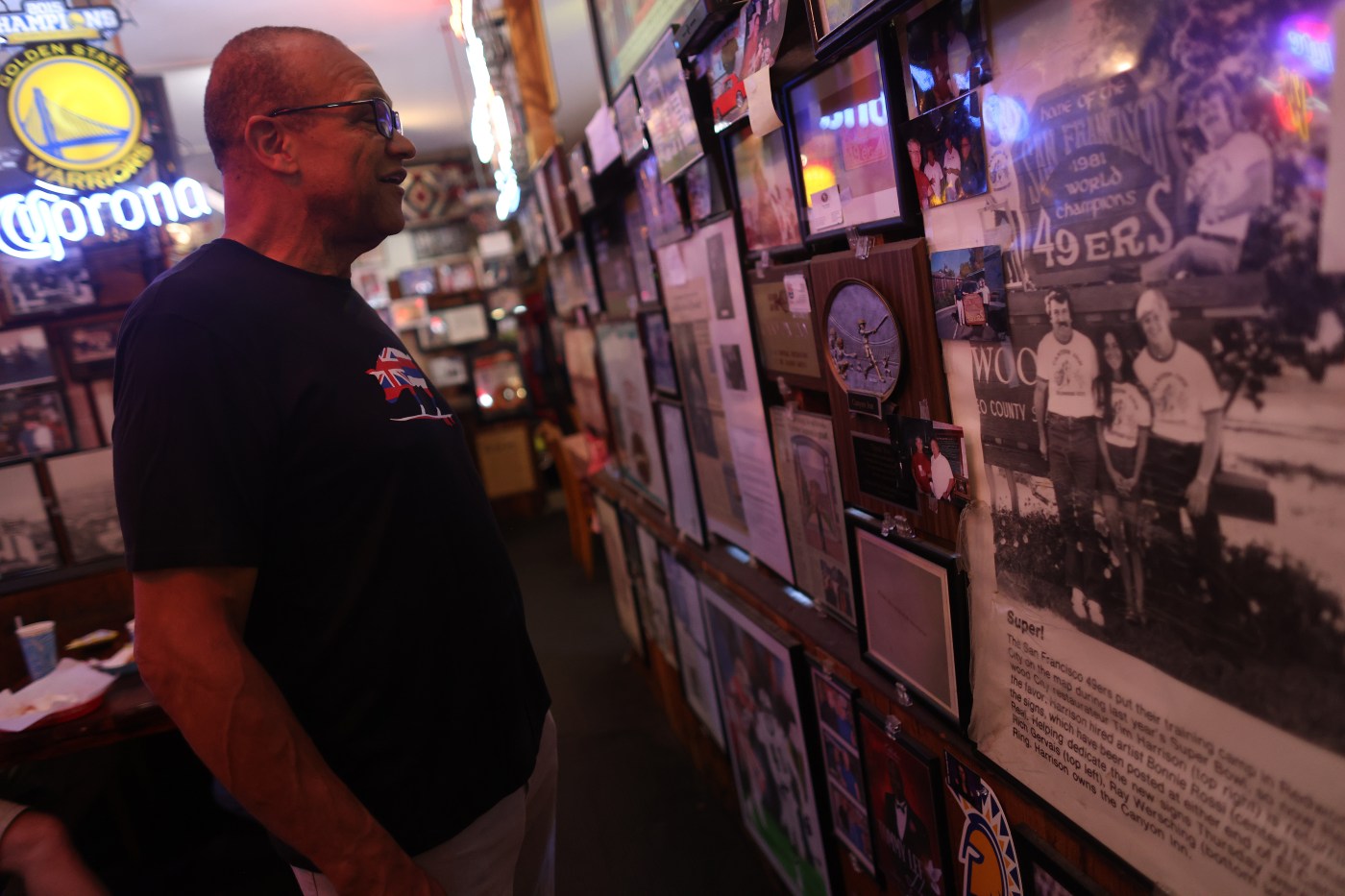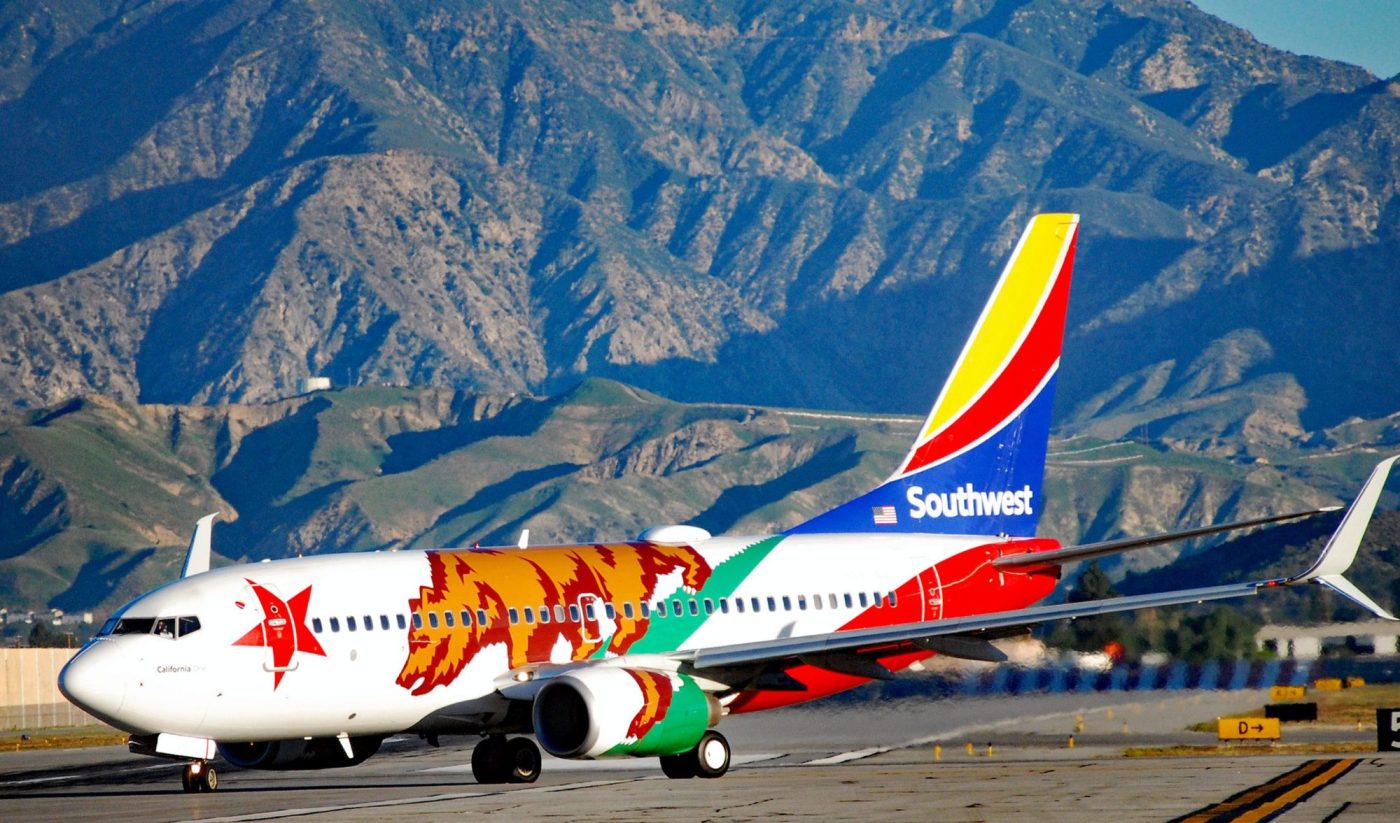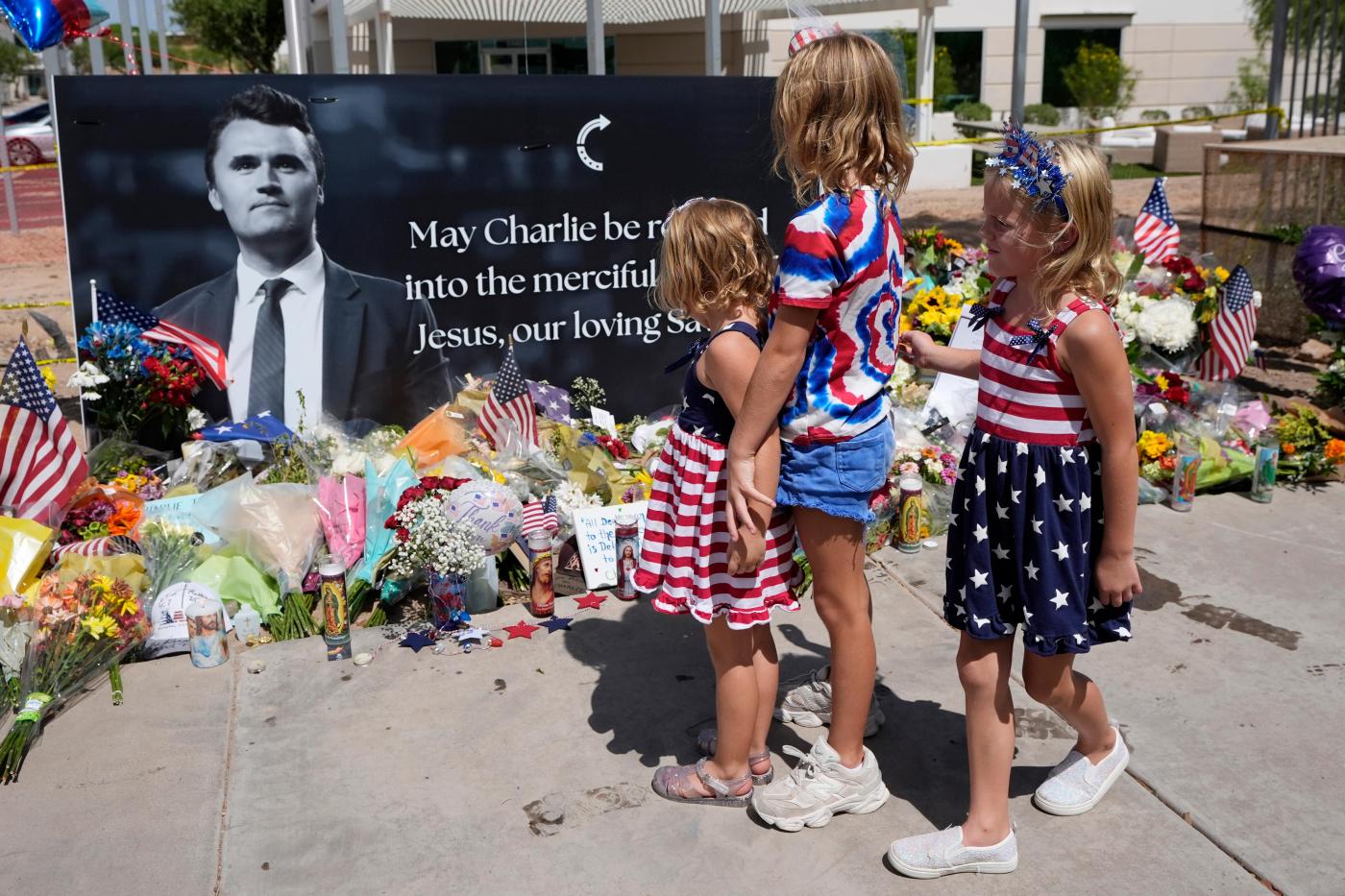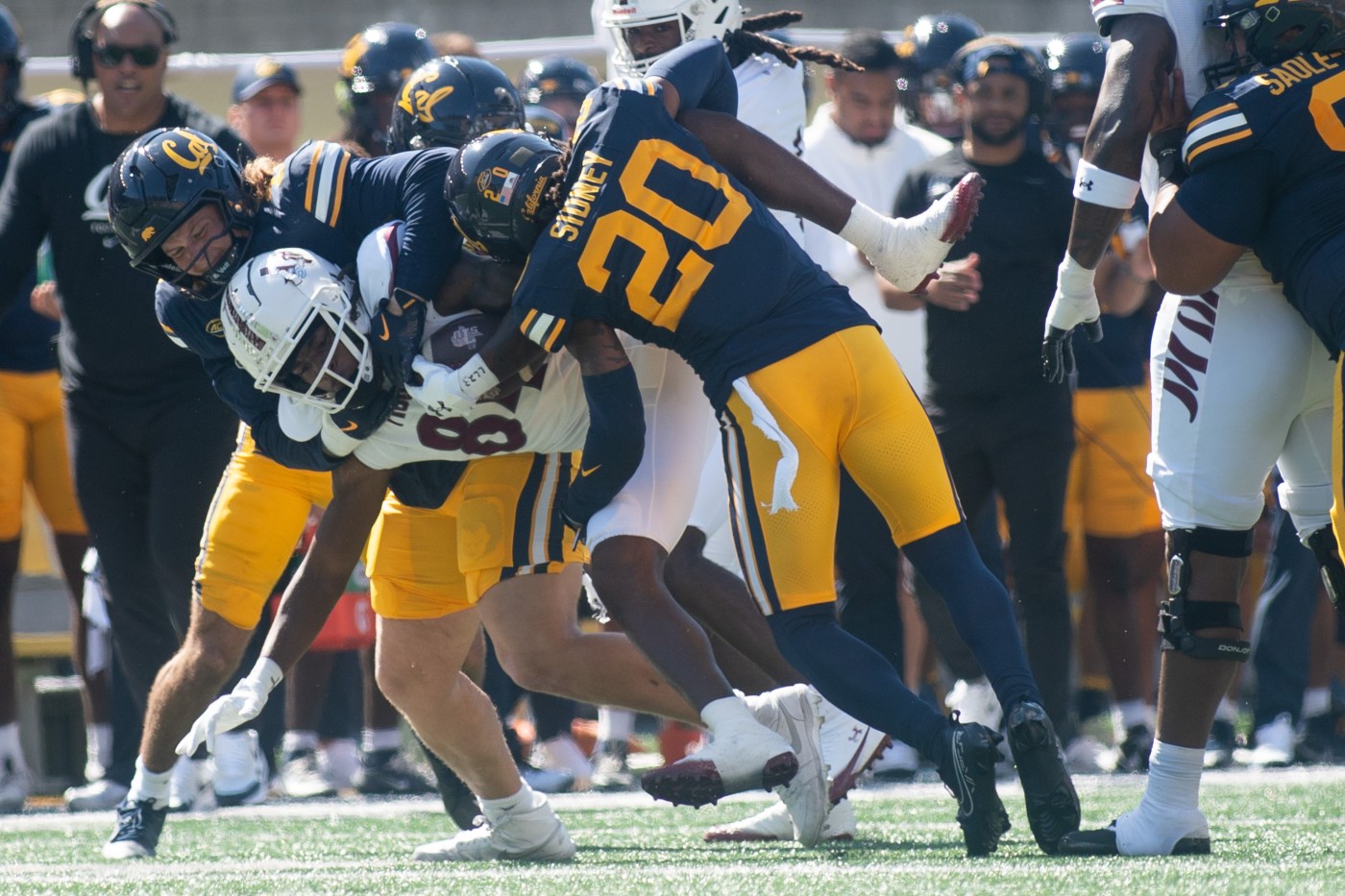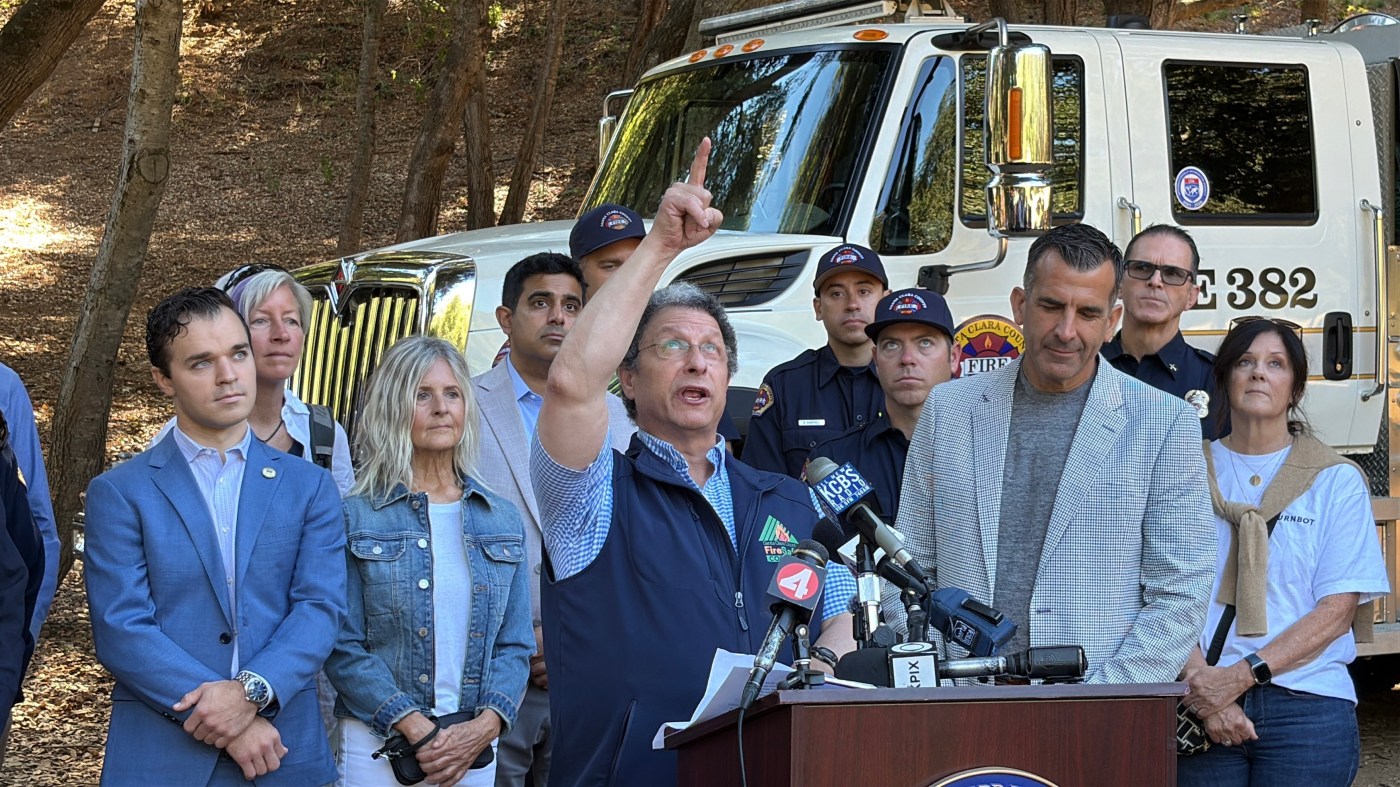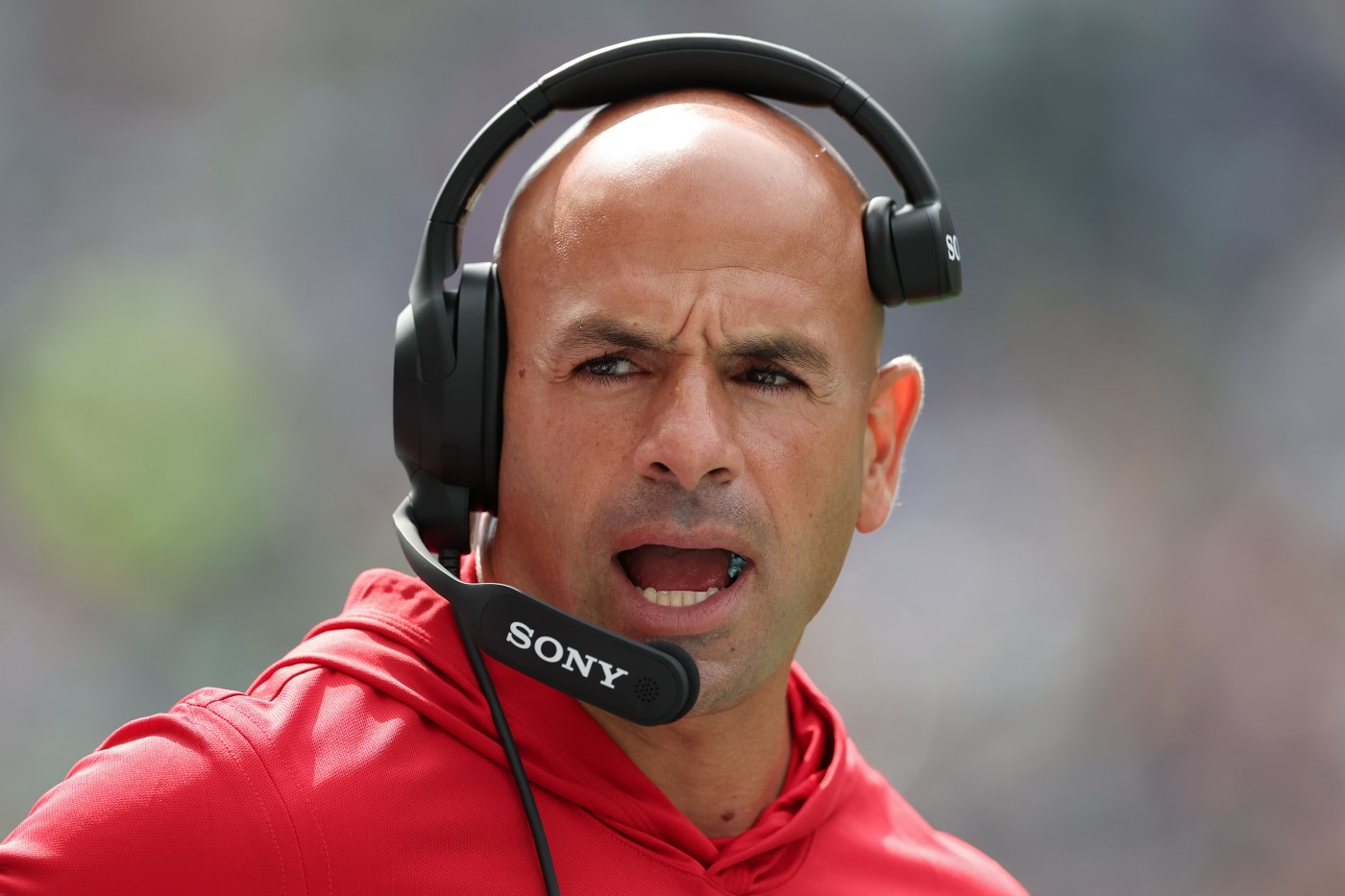REDWOOD CITY – At the top of a hill in Redwood City, Joe Montana walked through the door of the Canyon Inn, ordered a hamburger and sat down in a booth.
There was no crowd that formed around him. No pictures being taken. No autographs requested.
This was a normal day in 1981, and Joe Montana wasn’t “Joe Montana.” He was barely known. He had just begun his first season as a starting quarterback in the NFL.
“He was just Regular Joe,” remembered then-49ers defensive lineman Dwaine Board. “We weren’t real superstars, we were just a bunch of guys having fun and playing football.”
And at the Canyon Inn, where the 49ers were promised free food any time they won a game, nobody could’ve expected what happened next.
A team that won just two games in 1978, two in 1979, and six in 1980, was about to change the trajectory of a restaurant that was selling hamburgers for 95 cents each.
Or maybe it was the restaurant that would change the trajectory of the 49ers.
“They’ll win three, four games, and it’ll be a fun promotion,” restaurant owner Tim Harrison thought in 1981.
The Canyon Inn began as a one-man operation in 1972, when Harrison, an East Bay native, quit his job as a cook at a local restaurant. He grew tired of hot food going cold while it waited for a busy server to deliver it to its table.
With nothing more than a grill and a table, a 22-year-old Harrison started selling burgers out of an old 7-Eleven.
“You come up, you order, I get the money, I take your name, I call you, you come and pick it up,” Harrison explained. “If it’s cold, it’s because you didn’t come and pick it up. That’s it.”
Owner Tim Harrison sits in a booth the Canyon Inn restaurant on Monday, July 21, 2025, in Redwood City, Calif. The Canyon Inn restaurant used to be just down the street from 49ers practice facility, and the team had been so bad that in 1981 they decided to offer free meals to players and staff following a win. That year turned out to be their first super bowl season. (Aric Crabb/Bay Area News Group)
With no money in his pocket, he risked everything for his new business. He even slept there for a few months, taking showers at a nearby gym, while saving money for an apartment.
Slowly, customers started showing up. They liked his hamburgers. They liked him.
Whatever money he made, Harrison poured it back into the restaurant. He invited some carpenter friends and family to come help him develop a fully functional kitchen and seating area. (The original booths they built are still there today.)
Soon, the Canyon Inn was bustling. And Harrison started to notice that some of his customers were players and executives with the 49ers. Their practice facility, then located at Red Morton Community Park, was barely a mile away.
One customer was John McVay, the former director of football operations and eventual grandfather to Rams head coach Sean McVay. Harrison pitched him an idea: He wanted to hold a team rally at the restaurant at the beginning of the 1981 season.
McVay connected Harrison with former Niners player R.C. Owens, who had taken an administrative role with the team.
Owens liked the idea, but in order to lure the players to the rally, Harrison would need to make a promise: free food.
Harrison agreed. He printed out little cards to give to all the players and staff, good for one free hamburger during the week after a 49ers win.
Former 49ers R.C. Owens (left) and Randy Cross (right) during a 1981 rally at popular 49ers hangout spot, Canyon Inn Restaurant in Redwood City (photo courtesy of Canyon Inn Restaurant).
The Canyon Inn soon held the rally. Players stood on a flatbed truck and thanked fans for the support.
“It was unbelievable,” said Board. “It was like everyone in Redwood City showed up. It was a mob of people. And it was a lot different than it is today. They showed up just to see us. They didn’t want pictures or autographs; they just wanted to be a part of it.”
A few weeks later, on Sept. 13, 1981, the 49ers beat the Chicago Bears, 28-17, at home for their first win of the season.
“I’m telling my girlfriend at this point, ‘Geez, I wonder if they’ll be in for their free hamburger tomorrow,’” Harrison said. “I get there, and sure enough, they are lined up at the door. With staff and players. And they got their little ticket.”
Free food meant a lot to players back then. The 49ers at that point were “a mom and pop shop,” remembered Jerry Walker, former public relations director.
Montana was making $85,000 a year. Offensive linemen were making about $30,000 a year.
On the defensive line, “we were making carwash money,” said Board.
With the promise of free food, everybody was showing up to the Canyon Inn. And a card that was meant to be for one free hamburger had accidentally turned into a pass for unlimited food for any 49ers players and staff, and their families, and their assistants, and their girlfriends, and wives and whoever happened to be with them that day.
“They were boxing up food to bring it home,” Harrison remembered.
Walker said, “I told Tim, ‘You know you’re being taken advantage of.’ He’d say, ‘Yeah, but I love these guys. These are good guys.’”
Sports memorabilia hangs on display at the Canyon Inn restaurant on Monday, July 21, 2025, in Redwood City, Calif. The Canyon Inn restaurant used to be just down the street from 49ers practice facility, and the team had been so bad that in 1981 they decided to offer free meals to players and staff following a win. That year turned out to be their first super bowl season. (Aric Crabb/Bay Area News Group)
The 49ers lost their next game to Atlanta, then went 12-1 the rest of the season and 3-0 in the playoffs on their way to winning the franchise’s first Super Bowl.
After every one of those wins, the Canyon Inn would be packed with Niners people.
“The first time I went up there following work, I thought I’d get a burger,” remembered Walker. “When I got there, all our offensive linemen were in there: Randy Cross, John Ayers, Keith Fahnhorst, Bubba Paris.
“Bubba, he may have eaten Tim out of house and home.”
Board recalled, “the one who got the most enjoyment out of it was Jack ‘Hacksaw’ Reynolds. I think he was there every day.”
Harrison didn’t keep an exact record but estimated he gave away more than $15,000 of food to the 49ers that year.
“Easily,” said Harrison. “And remember, at those prices, hamburgers were 95 cents.”
To understand how much $15,000 was back then, it was more than the annual average salary for a person living in the Bay Area ($14,416, according to United Press International).
Did all that free food hurt Harrison’s business?
“No… well, yeah, but it’s still here, right?” Harrison said. “I mean, geez, I got a lot of publicity. People were calling me from the New York Times, ‘Hey, we want to do an article about the 49ers. I understand they’re coming in here.’”
The New York Times and Times Magazine were among the many national news outlets to name the Canyon Inn as an important part of the 1981 San Francisco 49ers season.
It was a special one, too, as it launched what would become one of the greatest dynasties in NFL history.
“The thing about the Canyon Inn,” Board said, “is that it played a big role with how that team came together. Today, players don’t get together like they did back in the day. But everybody would go have a team meal together and talk about the game. It was great team bonding.”
As the years went by, even when the Niners lost, Board said the team would still go in there. Whoever had the best game that day would take care of the bill.
“Usually it was Fred Dean,” Board said.
All the attention the 49ers got the Canyon Inn was great for Harrison’s business. But talk to him today, and it’s clear he doesn’t care about that.
Former 49ers player Dwaine Board reads a newspaper at the Canyon Inn restaurant on Monday, July 21, 2025, in Redwood City, Calif. The Canyon Inn restaurant used to be just down the street from 49ers practice facility, and the team had been so bad that in 1981 they decided to offer free meals to players and staff following a win. That year turned out to be their first Super Bowl season. (Aric Crabb/Bay Area News Group)
It’s about the relationships he built.
He’s got pictures with every 49ers player from the 1980s all over the walls inside the restaurant. Many of them still go in. Board takes his family weekly. Walker takes a group of people once a month. Bill Ring can be found there often.
“It hasn’t changed much,” Board said. “It’s still the same. It feels like going back to the 1980s. Great hamburgers.”
In 2020, when the restaurant had to close because of the pandemic and Harrison was afraid the end of the Canyon Inn was near, he got a phone call from former 49ers linebacker Keena Turner.
“I want to do a radio ad for you,” Turner told him.
“Keena, I don’t have the money right now,” Harrison said.
“I want to do it for free,” Turner said.
Turner recorded and produced an ad that ran on the radio in 2020 and still runs on the radio during every 49ers game today (Harrison pays the radio stations, but Turner never let him pay him for the production).
Replaying the memory now, Harrison starts to cry.
He moves on, talking about something else, showing a visitor every piece of memorabilia on the wall and the stories that go along with them.
Soon, Harrison is stopped by customers who want to say hi. The same customers who have been regulars for 20, 30, 40-plus years.
The relationships – that’s what matters to Harrison.
“He was probably the reason for us winning, I think,” Board said.
C’mon. Really? A restaurant is the reason a 49ers dynasty was born?
Related Articles
49ers’ McCaffrey: ‘Everybody just has to do their job’ without Purdy, Kittle
49ers bracing for weeks-long Brock Purdy absence; Mac Jones in line to start at Saints
Jake Moody’s 49ers demise dwarfed in importance by loss of George Kittle
49ers kicking it across the pond as well as in the NFL
49ers’ Super Bowl history: Started with a bang, now mired in a decades long drought
“Yeah, because of the free food and the bonding that we came together as a team,” Board said.
The next day, Harrison wakes up at 6 a.m., drives to the grocery store, picks up a day’s worth of produce and meats, then drives to the restaurant to start working.
Just like he’s done every day since 1972.
Asked about his legacy, Harrison shakes his head.
“Oh gosh, I don’t know,” he said. “I just love this. This is my passion. It’s my purpose. These people…”
He looks around, getting emotional.
“I feel lucky that I get to go to work,” he said.
Owner Tim Harrison walks through the Canyon Inn restaurant on Monday, July 21, 2025, in Redwood City, Calif. The Canyon Inn restaurant used to be just down the street from 49ers practice facility, and the team had been so bad that in 1981 they decided to offer free meals to players and staff following a win. That year turned out to be their first Super Bowl season. (Aric Crabb/Bay Area News Group)
